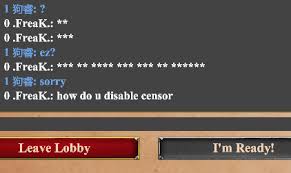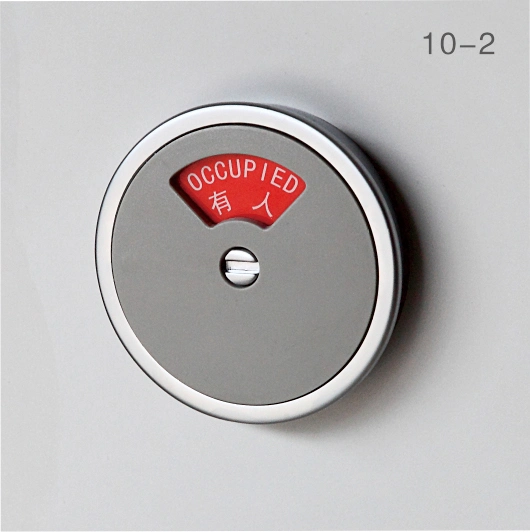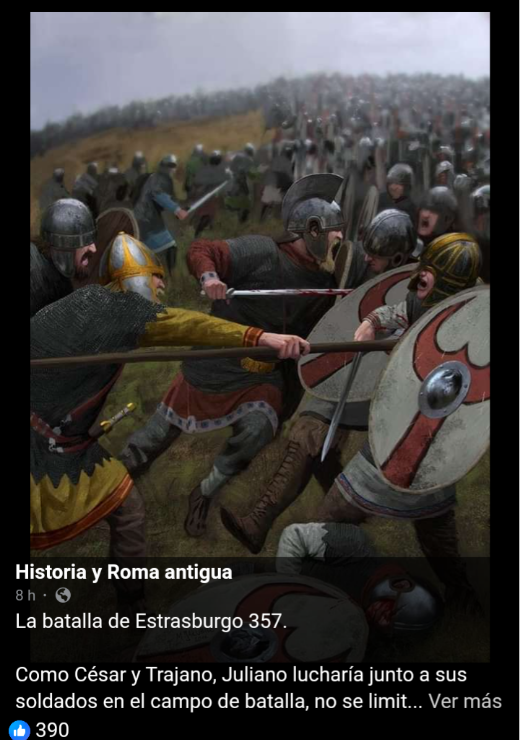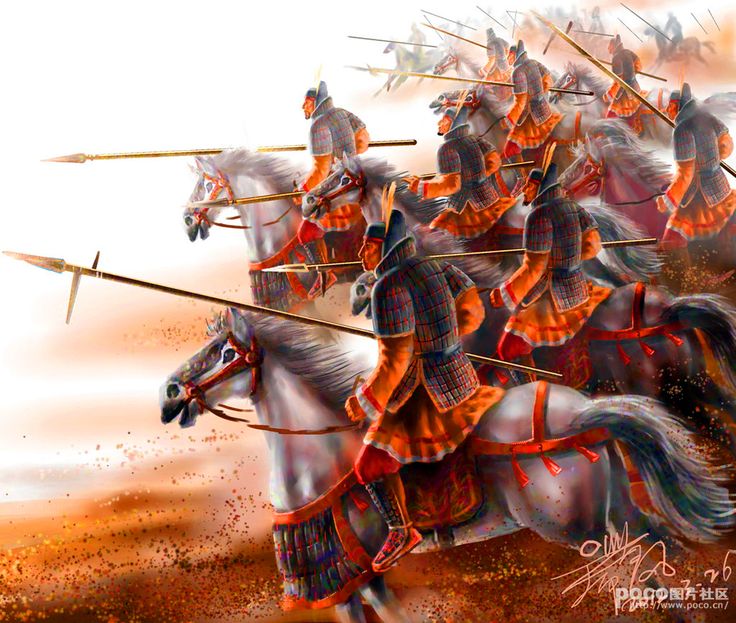-
Posts
25.684 -
Joined
-
Days Won
302
Everything posted by Lion.Kanzen
-
-
They almost always have very obvious names.
-
.thumb.png.ce58cea22940c255f5b0a735d5abee36.png)
Archaeological potpourri
Lion.Kanzen replied to Gurken Khan's topic in Introductions & Off-Topic Discussion
Either way I will do it. -
.thumb.png.ce58cea22940c255f5b0a735d5abee36.png)
Archaeological potpourri
Lion.Kanzen replied to Gurken Khan's topic in Introductions & Off-Topic Discussion
We have a Topic about Sea Peoples. -
Yes, there are images of late Germanic clothing.With late I mean late for Celtic people. Furthermore, the 19th century is characterized by romanticist movement that some derived into folkish movements.(if I'm not mistaken). Britannica: Romanticism Also known as: Romantic Style, Romantic movement. The Editors of Encyclopaedia Britannica Last Updated: Dec 26, 2023 • Article History Eugène Delacroix: Liberty Leading the People Liberty Leading the People, oil on canvas by Eugène Delacroix, 1830; in the Louvre, Paris.(more) Caspar David Friedrich: Man and Woman Gazing at the Moon Man and Woman Gazing at the Moon, oil on canvas by Caspar David Friedrich, c. 1824; in the collection of the Nationalgalerie, Staatliche Museen zu Berlin.(more) Romanticism, attitude or intellectual orientation that characterized many works of literature, painting, music, architecture, criticism, and historiography in Western civilization over a period from the late 18th to the mid-19th century. Romanticism can be seen as a rejection of the precepts of order, calm, harmony, balance, idealization, and rationality that typified Classicism in general and late 18th-century Neoclassicism in particular. It was also to some extent a reaction against the Enlightenment and against 18th-century rationalism and physical materialism in general. Romanticism emphasized the individual, the subjective, the irrational, the imaginative, the personal, the spontaneous, the emotional, the visionary, and the transcendental.
- 264 replies
-
- britons
- east celtic
-
(and 2 more)
Tagged with:
-
I remember you mentioned it at the time.
- 264 replies
-
- britons
- east celtic
-
(and 2 more)
Tagged with:
-
.thumb.png.ce58cea22940c255f5b0a735d5abee36.png)
Romans military image references
Lion.Kanzen replied to Lion.Kanzen's topic in Tutorials, references and art help
-
I think I know where the reference to round sets came from in the Celts we had earlier in the game. Here they seem to carry a kind of Parma and also use Etrusco Corinthian Helmets.
- 264 replies
-
- britons
- east celtic
-
(and 2 more)
Tagged with:
-
.thumb.png.ce58cea22940c255f5b0a735d5abee36.png)
[Brainstorming]Technologies: ideas, references
Lion.Kanzen replied to Lion.Kanzen's topic in Delenda Est
Auspices +More range of vision (LoS) for priest (Roman). Auspices ex tripudis : + more line of vision for scouts. -
.thumb.png.ce58cea22940c255f5b0a735d5abee36.png)
[Brainstorming]Technologies: ideas, references
Lion.Kanzen replied to Lion.Kanzen's topic in Delenda Est
Augury is an ancient Roman religious practice of watching birds for omens. An omen is a magical sign that foretells the coming of change. Certain omens meant that something good would happen, while others foretold doom. The omen was derived from the flight patterns and behavior of the birds observed. The practice of bird watching to predict events predates the Romans, but is more associated with them because the Romans standardized the practice as part of their religion. The Roman religion was polytheistic , meaning it had several deities. Many believed that the gods must be concerned with the fate of humans and would therefore send signs or omens to help them prepare for the future. Omen was more associated with the will of the powerful deity Jupiter. In Roman mythology and history, augury was very important and was even considered responsible for the founding of Rome. The founders of Rome, Romulus and Remus, arrived in the area and debated the exact place to found the city. Each chose a spot and watched the birds. Romulus saw 12 vultures while Remus saw only 6, so Romulus chose the place where to build Rome. There were five types of auspices or interpretations of omens. The two that involved birds were ex avibus , of birds, and ex tripudiis , of feeding birds. The ex avibus auspices involved the behavior of birds and fell into two categories. Oscines, including crows, ravens, ravens, owls, and hens, communicated positive or negative omens through their song, both where it was heard and what it consisted of. Wings, eagles and vultures, communicated by their flight patterns. Different patterns corresponded to places and times of the year to present positive or negative omens. Auspices ex tripudis consisted of watching birds, almost always chickens, eat. This form of auspiciousness was generally used on military expeditions, and the chickens were taken specifically for this use and were not to be eaten. Their keeper, the pullarius , released them on the ground, threw bread and watched. If the chickens flapped their wings or refused to eat, it was a bad omen. If the chicken ate so much that the food fell out of its mouth, it was a good omen and the military would continue with whatever activity was in question. -
User moderation. https://en.m.wikipedia.org/wiki/Content_moderation ""User moderation allows any user to moderate any other user's contributions. Billions of people are currently making decisions on what to share, forward or give visibility to on a daily basis.[19] On a large site with a sufficiently large active population, this usually works well, since relatively small numbers of troublemakers are screened out by the votes of the rest of the community. Strictly speaking, wikis such as Wikipedia are the ultimate in user moderation, but in the context of Internet forums, the definitive example of a user moderation system is Slashdot"".
-
This can be combined with a bombing of complaints to the account. That is to say that if it gets to have bombing of reports , then the post is hidden and remains under review and the spammer's account is locked. The word is nuked, to nuke a post.
-
Then we need new accounts to have to do a CAPTCHA to post for the first 48 hours. Solve a captcha every post (for newbies of course).
-
-
The entire player base would be gone. The best thing is that using mute or disabling the chat is more effective. Communicating with preset messages would be ideal in many cases. You know that you are just censorship that make the mass media the only thing they create is that people look for space where to come to say things. And culturally you are not going to be able to avoid that.
-
They should be restricted if someone reports as a spammer. What I mean automatically is that we on the American continent are the ones who see this the most in the early morning.Western Hemisphere
-
.thumb.png.ce58cea22940c255f5b0a735d5abee36.png)
==[Brainstorming]== for cheats units
Lion.Kanzen replied to Lion.Kanzen's topic in Eyecandy, custom projects and misc.
- 198 replies
-
- brainstorming
- art
-
(and 2 more)
Tagged with:
-
It would be interesting for the imperial Romans.
-
How well thought out this faction is. The cisterns are similar to my idea of water supplies. Not entirely obviously but it is designed to improve the economy. I had the idea of olives to earn infinite Coin or metal. I also thought of the mercenary contracts for the Romans.
-
I've already thought of that, that's called advaced dioplomacy options which is a series of options like the ones seen in Empire Earth II. ""Advanced Diplomacy The diplomacy system in Empire Earth 2 is among the most innovative and sophisticated I’ve seen in RTS’s. Not only can you send and receive tributes from other civilizations in the game, you can also tribute not only resources but also units and territories! Relationships between civilizations aren’t simply friend or foe. You can be neutral, allied or enemies. Even as such these three stances are not as simplistic as RTS’s in the past. You can be allied but only share certain assets which you can customize quite precisely. For you can propose to another player to allow an alliance which only allows trade, and trade units to enter each other’s territory or trade relationship for a certain period of time. This type of precision also applies to other types of units and abilities, from economics to military, Line of Sight, border, build, and resource permissions. So you no longer have to give away the pin number to your bank account to your allies, but define very precisely what kind of relationship you want with each of your in-game opponents. This is sure to give in-game diplomacy a whole new dimension of machiavalian intrique!" I don't know if all these options can be included. https://ee.heavengames.com/ee2h/gameinfo/gamefaqs/
-
.thumb.png.ce58cea22940c255f5b0a735d5abee36.png)
Civ: Dominate Romans (late Rome)
Lion.Kanzen replied to wowgetoffyourcellphone's topic in Delenda Est
With these words Amianus Marcellinus refers to Flavius Claudius Julianus, one of the last defenders of the "Mos maiorum" and of the pagan religion against Christianity that branded him as an "apostate" "A man certainly worthy to be included among the heroic geniuses, admirable for his illustrious deeds and innate majesty." Removed from political and social life and traumatized by the extermination of his family, Julian dedicated himself entirely to his studies and to writing numerous literary works. Power and ambition were for him the evils that had led Rome to cultural and political collapse. According to Julian, Christianity had distorted the true essence of the Empire. The only solution was to return to the "Mos maiorum" and the ancient religion. The years went by and after several ups and downs, fate was finally in his favor. Emperor Constantius II, now alone in power and in political and military difficulties, decided to rely on his only surviving relative, his cousin Julian. He was appointed "Caesar" and sent to Gaul to restore order in the province. Julian accepted the post even though he had no military training: for others it would have represented a problem, but not for him. During his life he had studied works such as Caesar's "Commentaries", Plutarch's "Parallel Lives" and Polybius' "Histories" from which he had learned, at least theoretically, the art of war. He set to work and, with the help of his friend Sallust, began to train and educate himself in combat. Like Caesar and Trajan, he would fight alongside his soldiers on the battlefield, not just give his orders from afar. Legendary was his victory in the battle of "Argentoratae" or Strausburg in 357 against the Alamanni and in the following battles, which returned the Rhine frontier to stability. His exploits now echoed throughout the empire. His bravery and humility became proverbial. He disliked luxury and led a Spartan life, always ready to listen to others and correct their mistakes. His character soon won him the sympathy and respect of his soldiers. Meanwhile, Constantius, jealous of his cousin and needing troops to deploy against the Parthians, asked him to send him about half of his army. The news was badly received by the soldiers stationed in "Lutetia", now Paris, who did not want to leave their families in Gaul. There was an uprising and Julian decided to take a stand by promising his soldiers that they would not be sent to the East. These words provoked a wave of enthusiasm and jubilation. Julian, following the ancient barbarian traditions, was raised on a shield by the auxiliary Batavians, Heruli and other units such as the Petulants and, after girding his head with a diadem, was proclaimed emperor. His destiny was being fulfilled. Months later Constantius died and Julian was finally recognized as "Augustus" throughout the empire. With his newly acquired power, he began to work to limit the power of the Christians and revive the ancient Roman religion. He was a prudent and shrewd ruler and tried to fight corruption, but he had to undertake one last great enterprise, for he wished to continue the exploits of Alexander the Great. With favorable auspices, he decided to attack the Persians, enemies whom Rome had never quite succeeded in subduing. After a series of victories, the Romans reached the walls of Ctesiphon (capital of the Sasanian Empire) but had to retreat because new Persian forces were approaching. During a skirmish the Emperor, who came without armor, was hit by a spear in the side. The wound proved fatal. He was taken to his tent, but nothing could be done. -
.thumb.png.ce58cea22940c255f5b0a735d5abee36.png)
Civ: Dominate Romans (late Rome)
Lion.Kanzen replied to wowgetoffyourcellphone's topic in Delenda Est
-
@AIEND I'm talking about cavalry here also. Referring to the lancer cavalry. ------- Maybe the Chinese spear infantry and pikemen can have better resistance towards the swordmen. It would be good to discuss what kind of technologies make the Chinese (Asian) spearman better.


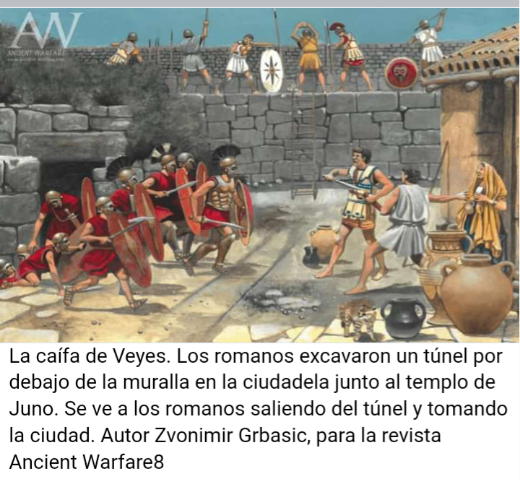
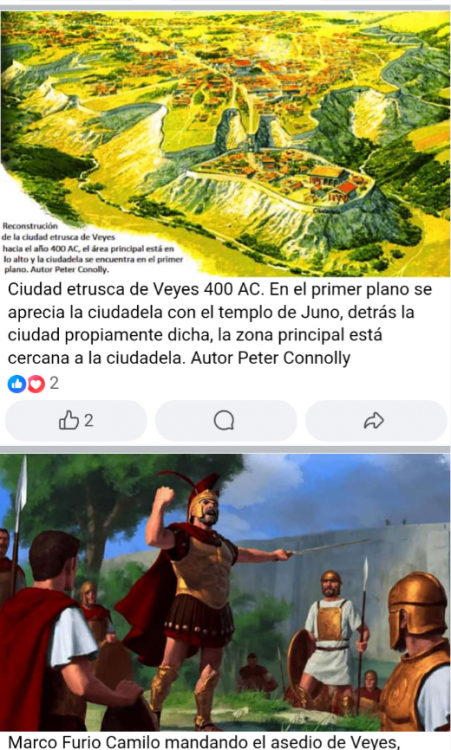
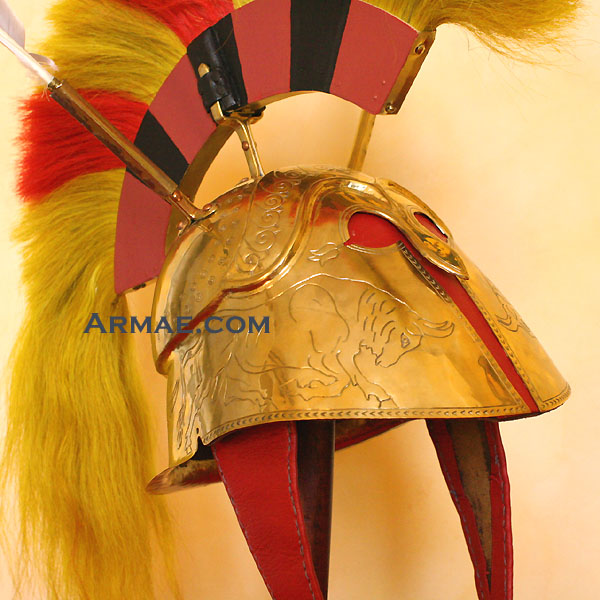
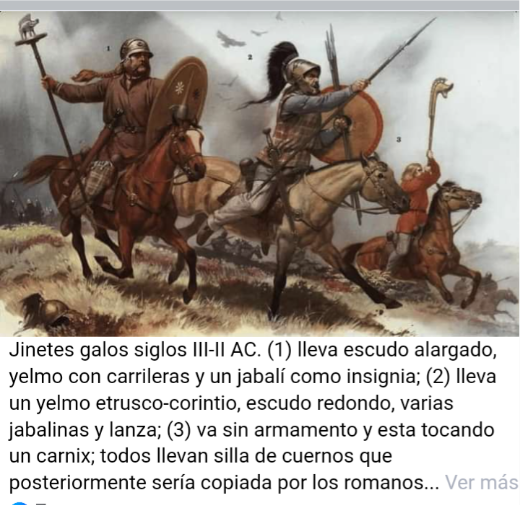
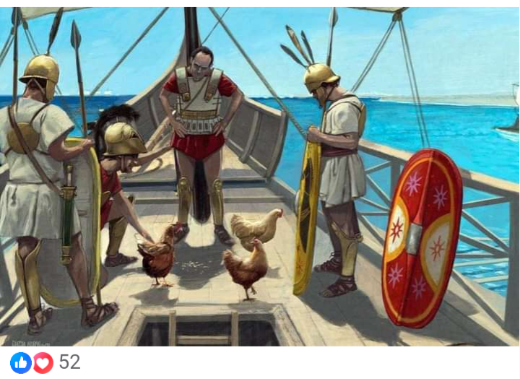
.jpg.8aafdd1b24757c7d570da487b31b731c.jpg)

